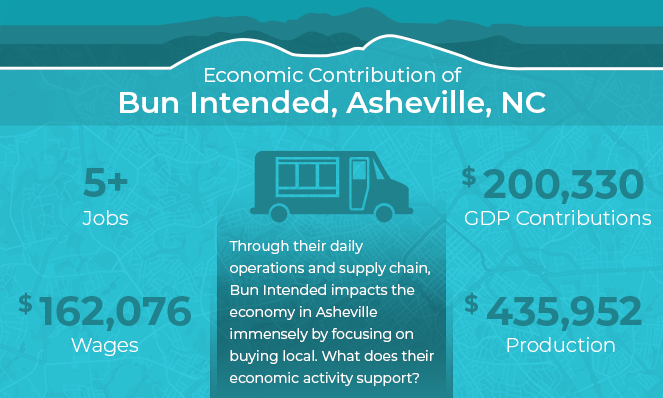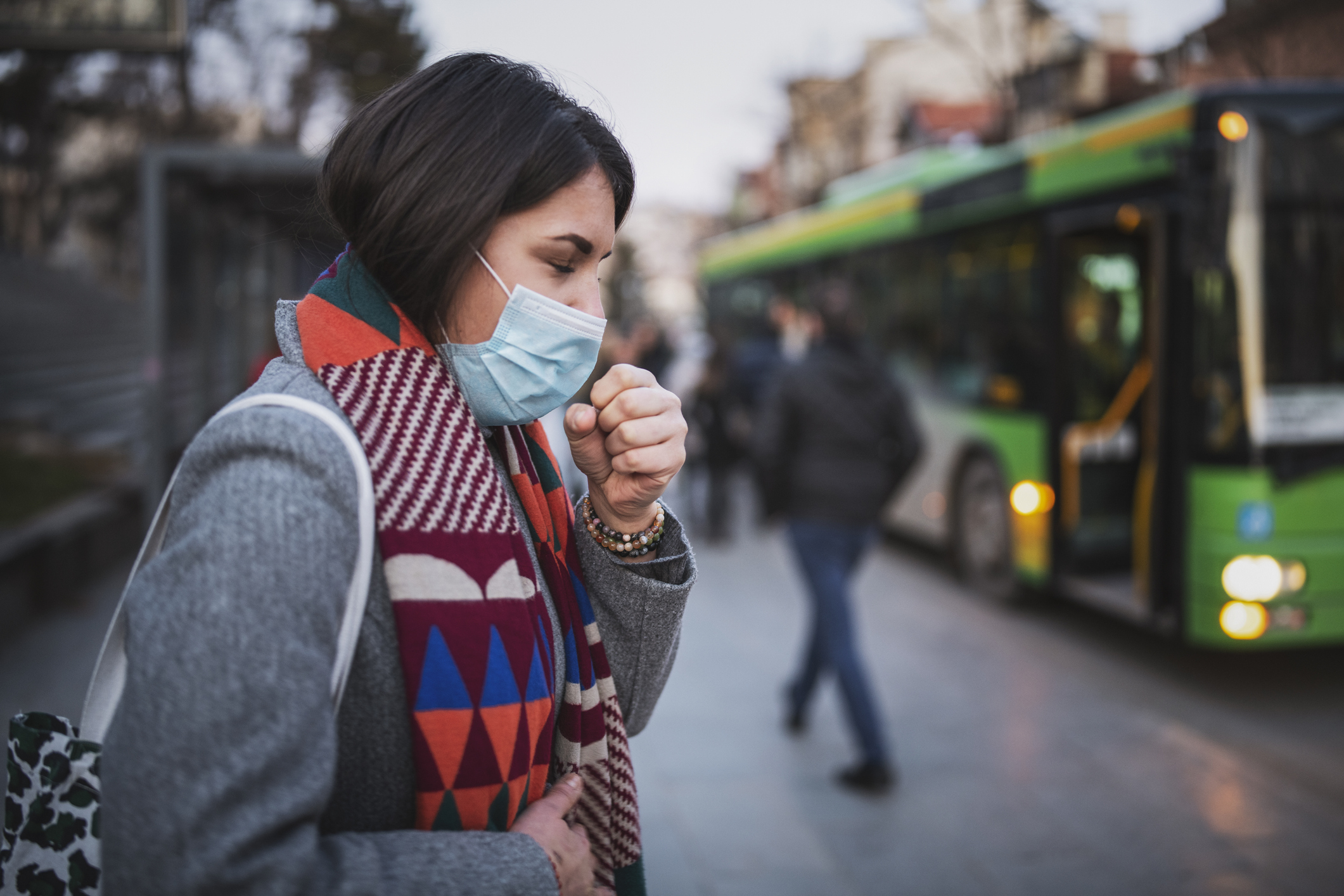The world economy experienced drastic changes in 2020 as a direct result of the coronavirus pandemic. In order to address these drastic economic changes in our data, IMPLAN has released its second ever quarterly data set. The Evolving Economy - COVID Q3-2020 data captures the initial stages of the economic recovery in 2020. This data set, which is equipped to perform all forms of impact analysis modeling, is available now in the IMPLAN application.
What You Need to Know About Evolving Economy - COVID Q3-2020 Data
Topics: Data, Economics, Employment, Methodology, Impact, Coronavirus, Disruption
What is the Economic Impact of the COVID-19 Vaccine Manufacturing Process?
2020 has been an incredibly challenging year for most of the world with seemingly very few bright spots to focus on. The emergence of COVID-19 has dramatically altered the way we live, perhaps permanently. Coronavirus-motivated mask mandates, regional shutdowns, capacity restrictions, and social distancing brought about economic uncertainty. The most commonly cited hope for a return to normalcy has been the widespread availability of a vaccine. Due to the fast-tracking of vaccine trials and significant government support, several effective vaccines appear to be on the horizon as we head into 2021.
The public health benefit is straight-forward, however the economy is a very important concern to many. Anticipating the vast impact across the economy is incredibly difficult due to the unpredictability of consumer confidence in the midst of the pandemic. Despite this unpredictability, the sizable economic impact of investment in the vaccine manufacturing process can be readily estimated with Input-Output Analysis. Using publicly available data to define input values, IMPLAN has performed an analysis of the effect of the Federal government’s spending on vaccine manufacturing.
Topics: Data, Press Release, Economics, Employment, Methodology, Impact, Government, Coronavirus, Disruption
Modeling the Impact of the Coronavirus with Evolving Economy Data
The coronavirus epidemic has reset the way we understand and examine the economy. With major changes to employment levels and household spending, plus stimulus checks, increased unemployment benefits, and PPP loans, it is crucial that economic data is updated during this time. With that in mind, IMPLAN is proud to announce the release of ground-breaking data and economic impact models for the COVID-19 era: Evolving Economy - COVID Q2-2020.
Topics: Data, Economics, Technology, Methodology, Impact, Economic Development, Coronavirus, Disruption
Small Business, Big Economic Impact: Food Trucks and the Coronavirus
Across the country, the service industry has felt the consequences of the coronavirus more severely than most. Through the beginning of May, more than 8 million restaurant jobs were lost. While cities and regions of all sizes have felt the strain, social distancing and business restrictions have affected small businesses in towns reliant on tourism spending particularly harshly. One of these towns is Asheville, North Carolina. Asheville, a city located in the Blue Ridge Mountains of western North Carolina, is known for its beautiful mountain views, tourist attractions, and incredibly robust brewery scene.
According to IMPLAN data, the food service industry supports over 18,000 jobs, making it the largest employment sector in the Asheville MSA. When COVID-19 hit and businesses began closing up shop for indeterminate periods of time, it left many uncertain of how they could continue operating. Gathering restrictions and event cancellations posed a unique threat to the more than 100 food trucks that operate in and around Asheville.
Topics: Data, Economics, Contribution Analysis, Tourism, Impact, Economic Development, Coronavirus, Disruption
Analyzing the Economic Impacts of the Coronavirus
COVID-19 has the world turned upside down. IMPLAN is no different as we have moved to working remotely instead of heading into the office. As the leader in economic impact modeling data and software, we are being continually asked how to model the economic impacts of COVID-19. Unfortunately, the answer isn’t easy, and with things changing so quickly, it won’t fully be known until the pandemic is under control. No model can predict all of the wide-ranging, short- and long-term impacts of such a far-reaching phenomenon as the COVID-19 pandemic, but here are some ways you can examine what is happening in the U.S. and your community.
Topics: Data, Economics, Contribution Analysis, Natural Disasters, Methodology, Tourism, Impact, Coronavirus, Disruption
A $22 Billion Loss: The Potential Impact of Coronavirus on Foreign Travel to the US
News coverage around COVID-19 is unavoidable. The worldwide pandemic has upset lives globally and dominated everyone’s attention for weeks. With the situation seemingly changing every hour, experts across industries have come forward with predictions about all aspects of life including from healthcare, personal finance, the economy, and more. Due to the interconnectedness of our economy, a disruption to any industry has ripple effects throughout other industries and geographies. Foreign travel was one of the first industries to be clearly impacted by the emergence of the coronavirus in China, and impact analyses can demonstrate the reach of those affected by this economic turmoil.
Topics: Data, Economics, Contribution Analysis, Natural Disasters, Tourism, Impact, Coronavirus, Disruption







.png?width=80&name=IMPLAN_Logo_Print-Vector_NEW%20(2).png) Copyright 2025
Copyright 2025